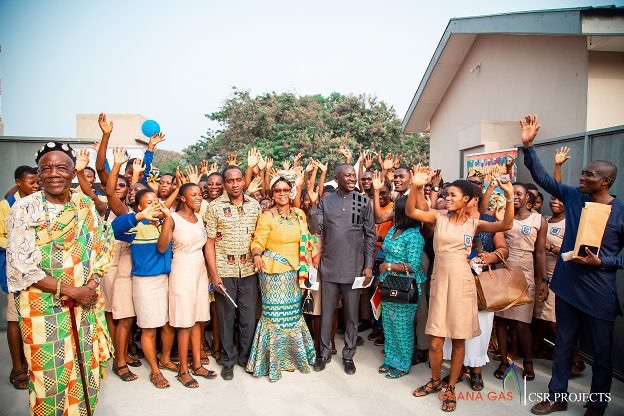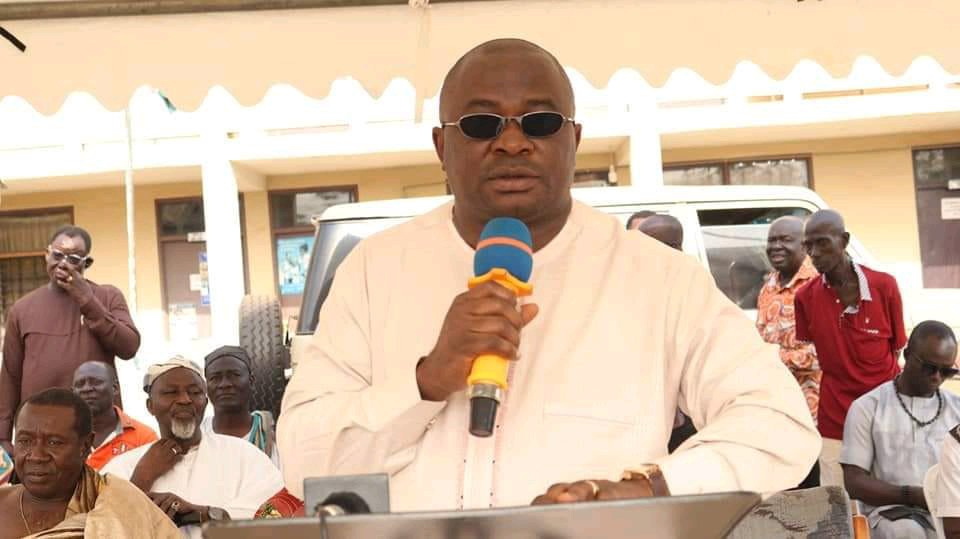MTN Ghana Champions Culture of Digital Responsibility to Curb Cybercrime

As Ghana continues to advance in its digital transformation, MTN Ghana has reaffirmed its commitment to building a safer digital environment by promoting a culture of responsibility and ethical online behavior. This came to light during the latest edition of the Bright Conversations Forum, where experts and thought leaders gathered to discuss how human actions rather than technology remain the biggest threat to cybersecurity in the country.

The event, moderated by Jacqueline Hanson-Kotei, Senior Manager for Enterprise Information Security and Governance at MTN Ghana, brought together cybersecurity professionals including Isaac Socrates Mensah and Seth Gyapong-Oware from the Cyber Security Authority (CSA). The session explored the evolving nature of cyber threats in Ghana, emphasizing that social manipulation, ignorance, and negligence among users have become more dangerous than system vulnerabilities.
In his remarks, Mr. Mensah noted that most of the cyber incidents reported in Ghana in 2025 have been caused by human error and social engineering rather than by technical breaches. He described the human factor as the biggest weakness in cybersecurity, stressing that awareness and behavior play a much larger role in safeguarding data than the strength of technological systems. He pointed out that close to 300 cyber-related cases, including scams, impersonations, and phishing attacks, have been recorded this year, with most of them taking advantage of human trust and lack of caution.
He further explained that the real battle in cybersecurity lies in changing attitudes. According to him, technology can offer protection only when users apply it responsibly and consciously. He therefore encouraged Ghanaians to develop a mindset of digital responsibility by being alert and cautious in their online interactions. He added that just as people take measures to secure their physical homes, they must equally make efforts to secure their digital lives from intrusion and manipulation.
Mr. Mensah also disclosed that the Cyber Security Authority is working closely with mobile network operators to strengthen digital identity and accountability systems in Ghana. He explained that every registered SIM card is being linked to its corresponding device, and any device found to be involved in fraudulent activities will be blacklisted across all networks. This measure, he said, will make it more difficult for cybercriminals to operate and help victims of digital fraud to seek justice more effectively. He added that the upcoming SIM re-registration exercise will further enhance the accuracy of user verification and improve the overall security of Ghana’s digital identity framework.
He urged entrepreneurs and small business owners to consider cybersecurity as an integral part of their operations and product design. He advised them to embed security measures at the early stages of innovation rather than treating it as an afterthought. He noted that businesses that take data protection seriously will earn greater customer trust and sustain their operations in the long term.
Addressing the issue of children’s exposure to harmful content online, Mr. Mensah expressed concern about the growing risk of minors encountering predators and inappropriate material on the internet. He cautioned parents against using adult accounts to set up their children’s devices, explaining that doing so removes built-in safety controls designed to protect minors. He urged guardians to take digital supervision seriously and to use child-friendly platforms such as YouTube Kids as well as safe browsing settings. He warned that parental negligence in this area could lead to manipulation of children by malicious individuals or even artificial intelligence-based systems.
For his part, Seth Gyapong-Oware of the Cyber Security Authority highlighted the importance of national collaboration in the fight against cybercrime. He stated that cybersecurity is not just a matter of laws or technical systems but a societal issue that requires cooperation between government, private institutions, and individuals. He said that Ghana needs a collective culture of online safety where every citizen sees cybersecurity as a civic duty rather than a specialist concern. He commended the ongoing policy efforts under the National Cybersecurity Agenda, which seek to strengthen institutional coordination, enhance international partnerships, and expand public education on safe digital practices.
MTN Ghana’s representative, Jacqueline Hanson-Kotei, reaffirmed the company’s unwavering commitment to creating a secure digital space for all. She emphasized that MTN sees itself not only as a telecommunications provider but also as a partner in Ghana’s broader digital journey. She said the company is dedicated to ensuring that this journey remains safe, informed, and inclusive for everyone.

Through its Bright Conversations platform, MTN Ghana continues to raise awareness about responsible technology use, ethical innovation, and online safety among individuals, businesses, and young people. The company believes that digital safety goes beyond technical solutions and that it requires a collective sense of responsibility to build a society where technology empowers rather than endangers.
MTN Ghana’s proactive advocacy and partnership with the Cyber Security Authority underscore its leadership role in fostering a resilient, secure, and trustworthy digital ecosystem for Ghana. The initiative reflects a shared national vision to protect citizens, strengthen trust in technology, and ensure that the benefits of digital transformation are enjoyed safely by all.





